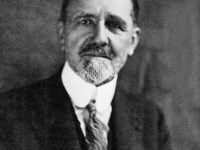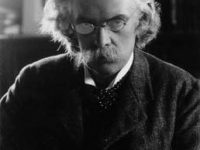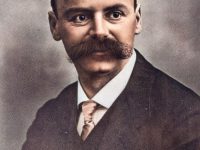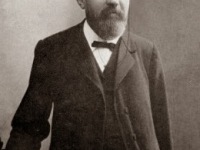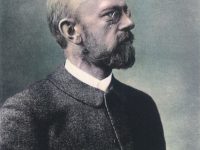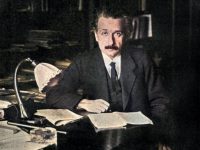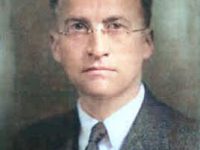Émile Borel and the Infinite Monkey Problem
On January 7, 1871, French mathematician Félix Édouard Justin Émile Borel was born. Borel is known for his founding work in the areas of measure theory and probability. In one of his books on probability, he proposed the thought experiment that a monkey hitting keys at random on a typewriter keyboard will – with absolute certainty – eventually type every book in France’s Bibliothèque nationale de France (National Library). This is now…
Read more

